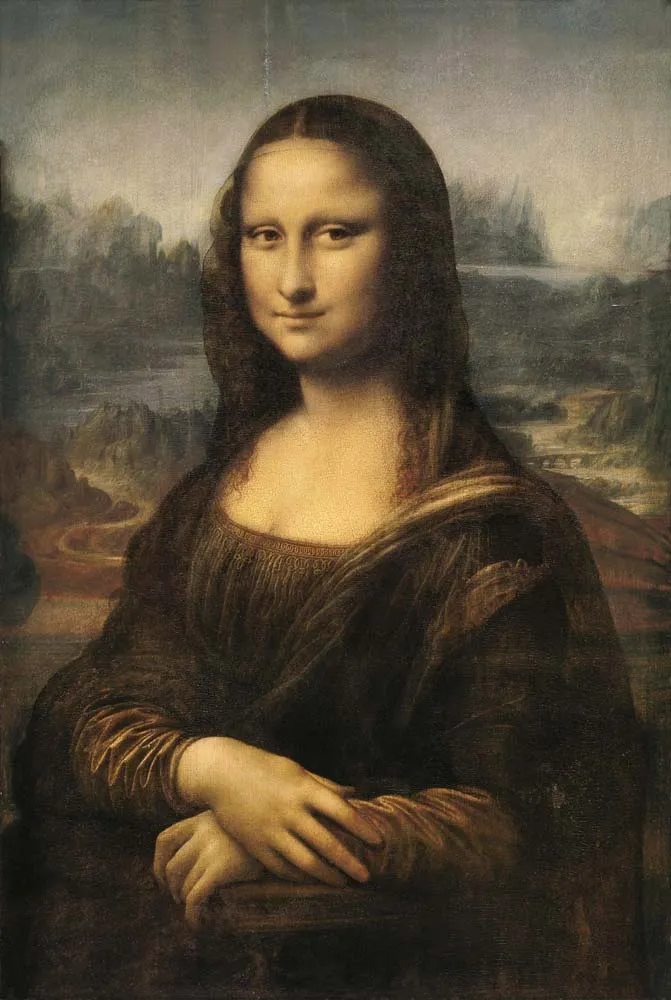 "School of Athens", 1509
"School of Athens", 1509
 Machiavelli's "The Prince", 1532
Machiavelli's "The Prince", 1532
 da Vinci's "Mona Lisa", 1503
da Vinci's "Mona Lisa", 1503
The Renaissance (French for "rebirth") was a revival of learning of the Greek and
Roman classics in the 15th and 16th centuries. Beginning in Italy, the ideas of
the Renaissance spread throughout Europe. Focused on moving away from religion as
the primary method for human meaning, it focused on improving one's self.
Qualities of the Renaissance
Moving out of the Middle Ages, people turned to the Greek and Roman classics to
try and find meaning in life again. From this study came humanism, which focused
on improving one's self through study of the "studia humanitatis," a program
studying grammar, history, philosophy, and more. Art returned to a more classical
form, attempting to evoke the spirit of ancient Greece and Rome.
Medici Family
The most influential and famous patrons of the Renaissance were the Medici family.
They sponsored many budding artists and thinkers, helping to spread the Renaissance
from Italy throughout Europe. The Medici's influence would guarantee them positons
of power for years.
Writers & Artists
Possibly the most famous writer of the Renaissance was Niccolo Machiavelli. In his
book "The Prince," Machiavelli urges leaders to rule by any means necessary. He
argues that the ends justify the means, and that rulers should use both force and
trickery to maintain their power. Famous artists of the Renaissance include Raphael,
Da Vinci, Michelangeo, and Donatello, whose works were admired throughout Europe as
symbols of the progress the Renaissance had brought to Europe.
 "School of Athens", 1509
"School of Athens", 1509
 Machiavelli's "The Prince", 1532
Machiavelli's "The Prince", 1532
 da Vinci's "Mona Lisa", 1503
da Vinci's "Mona Lisa", 1503